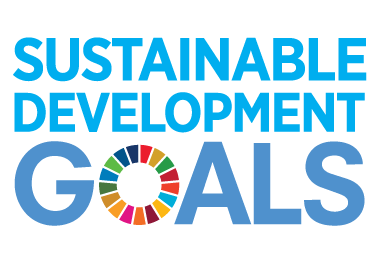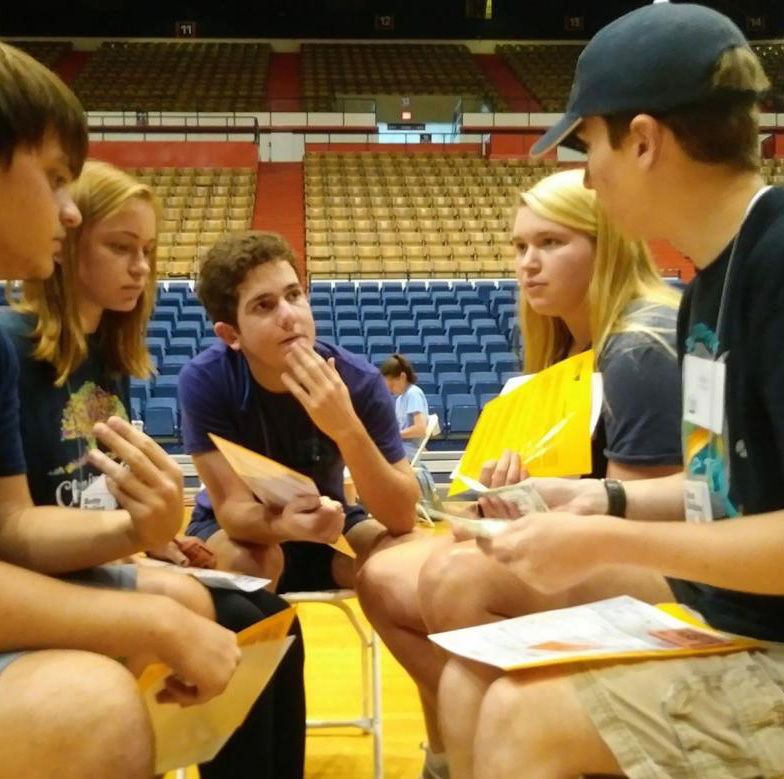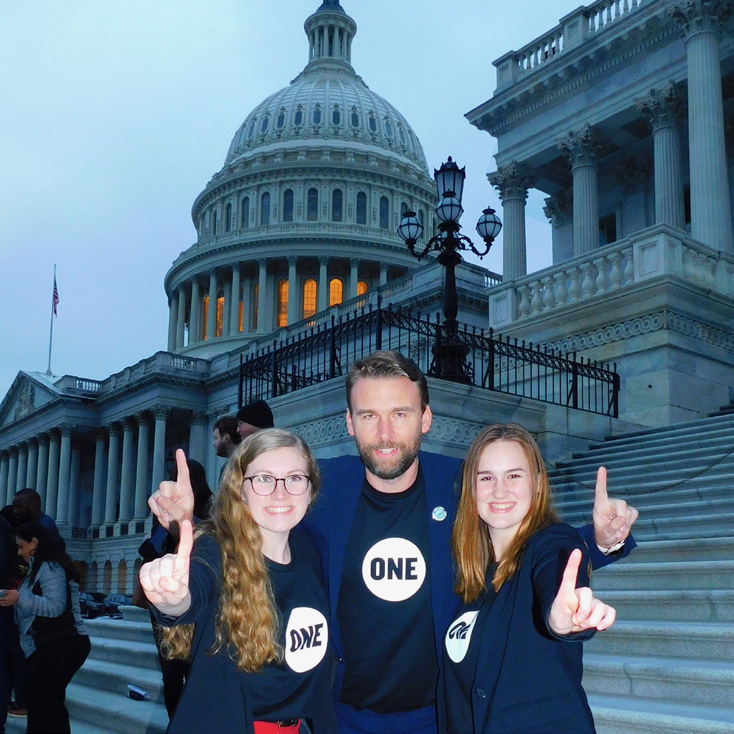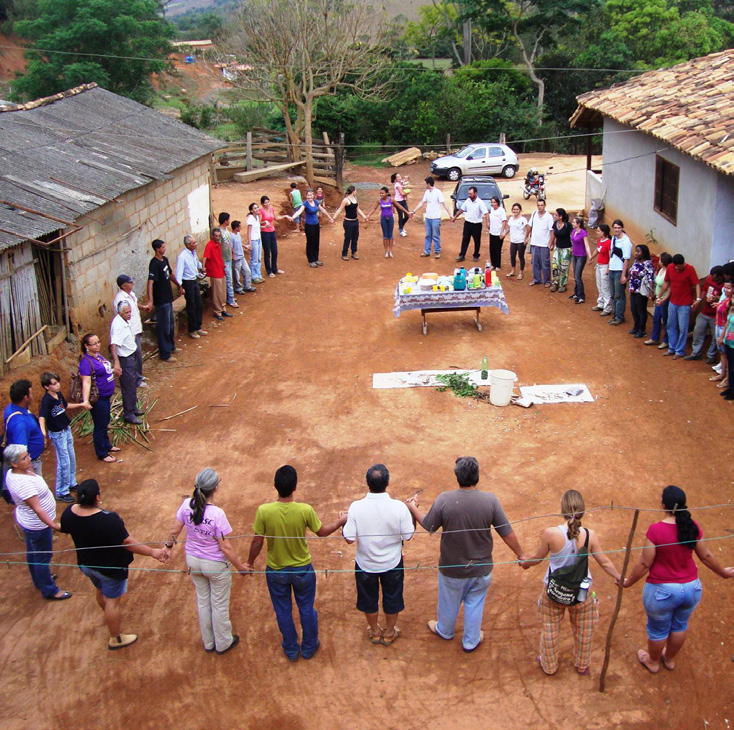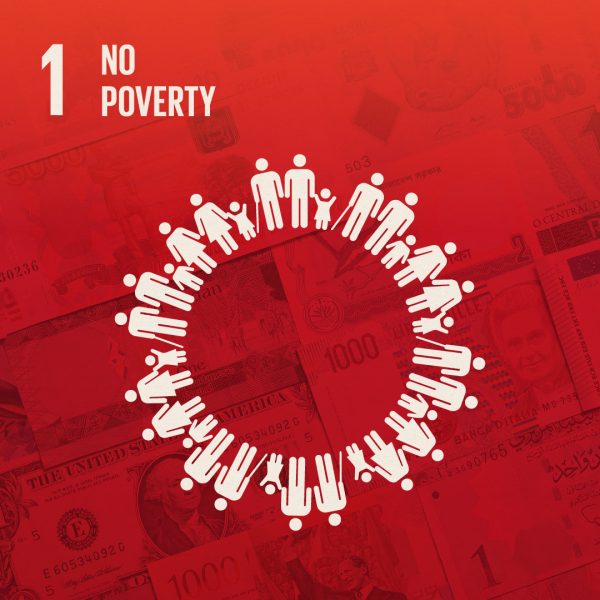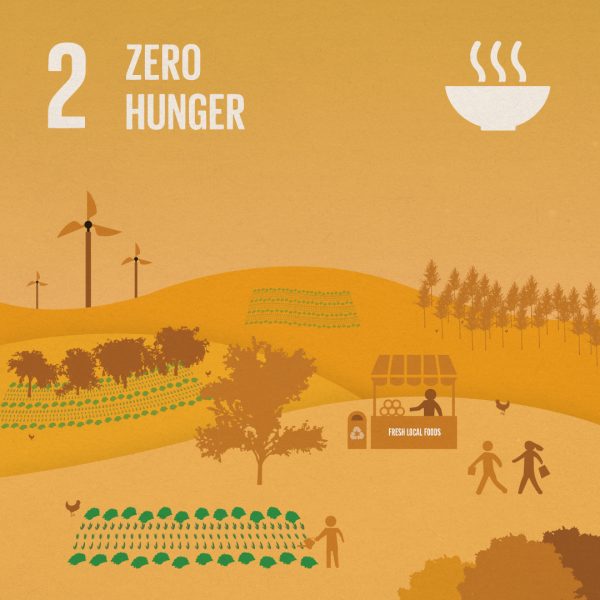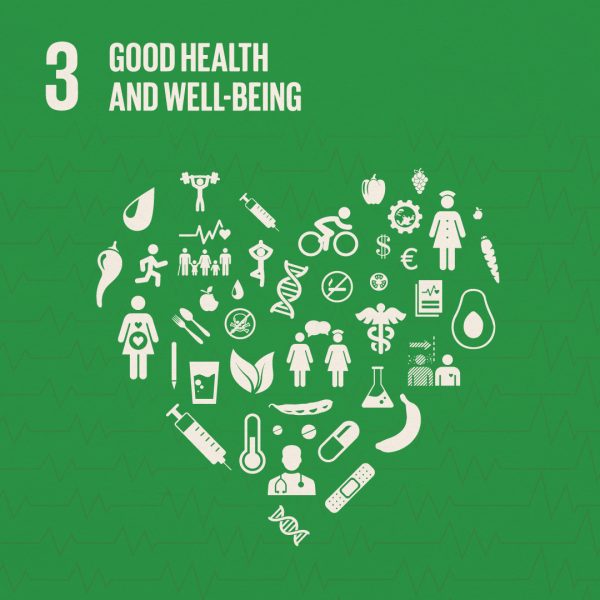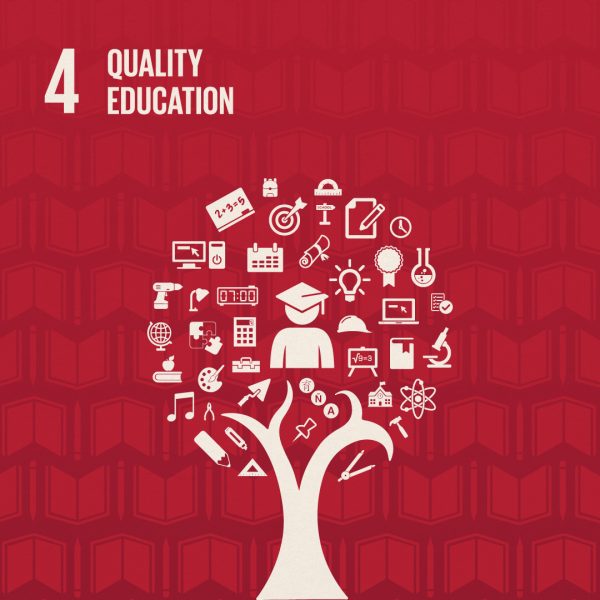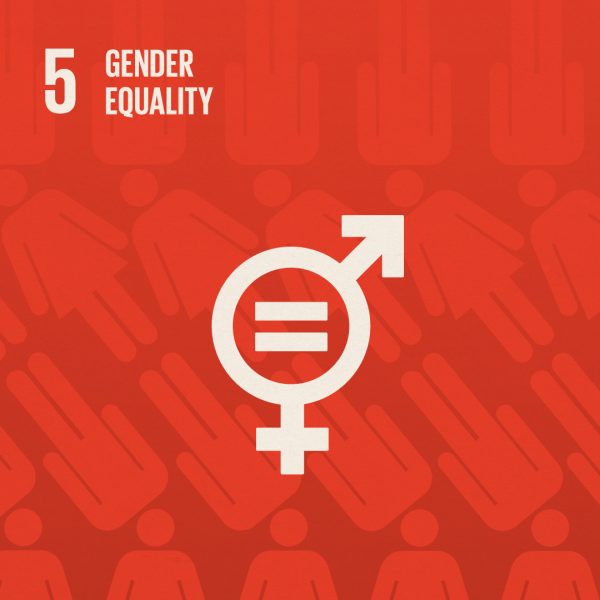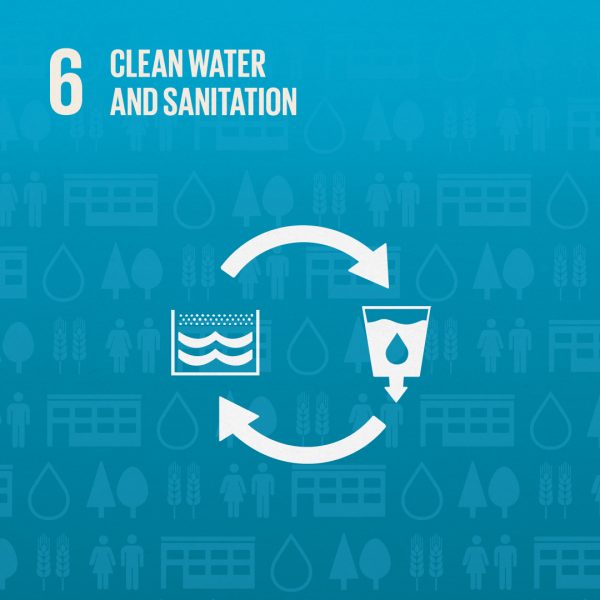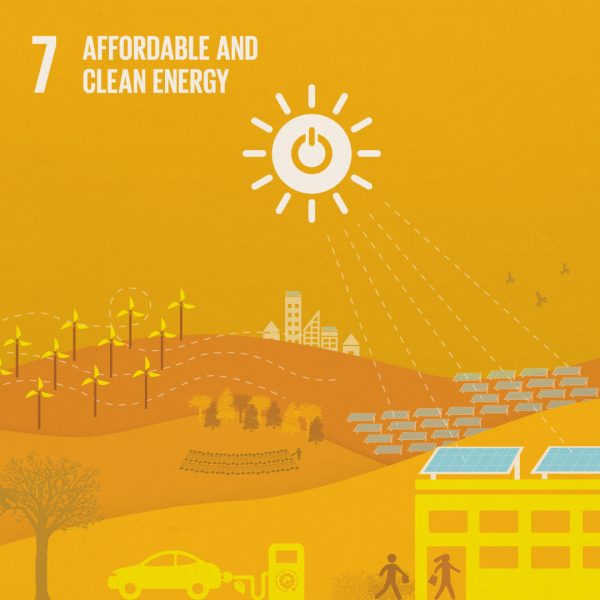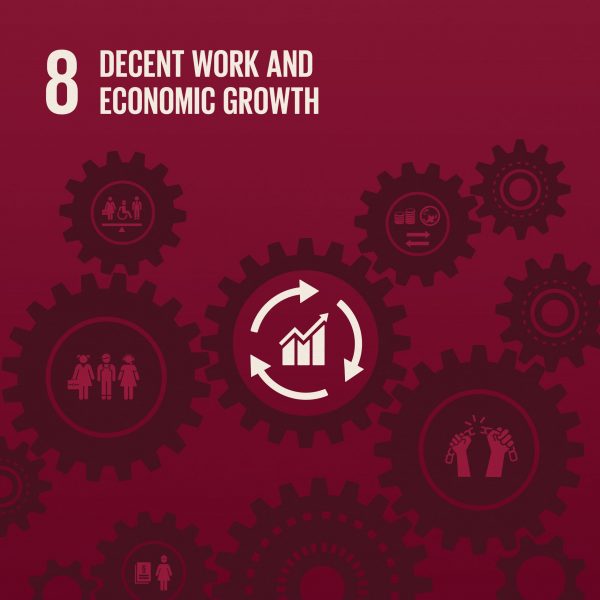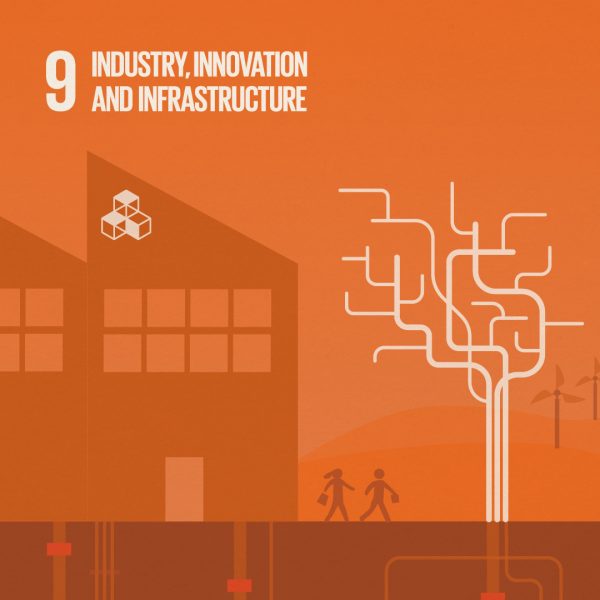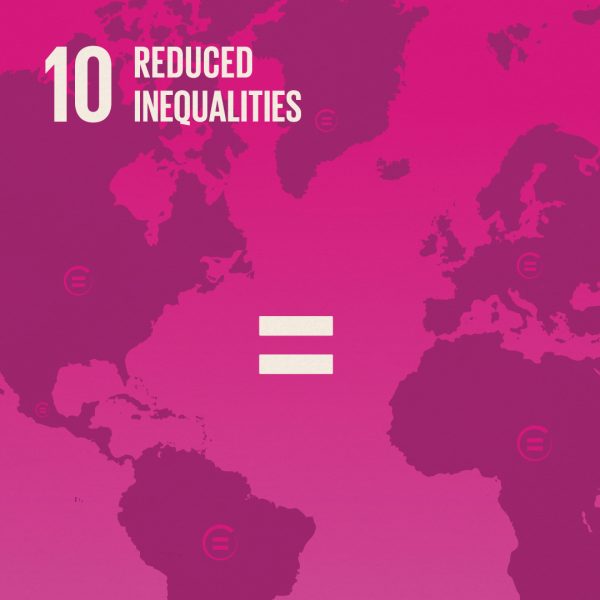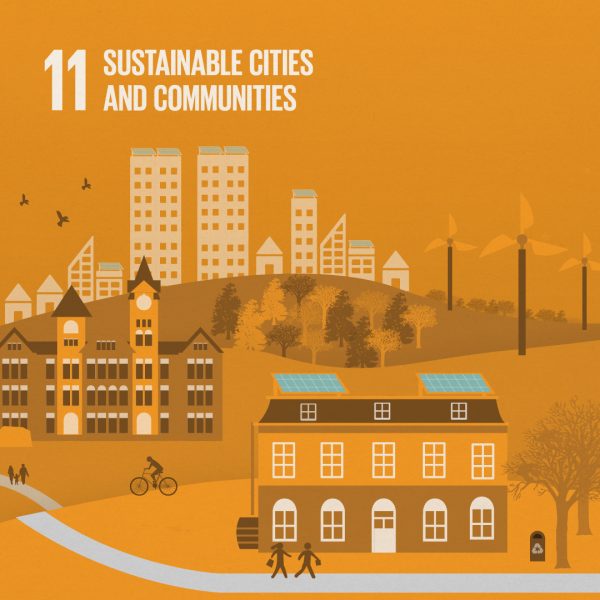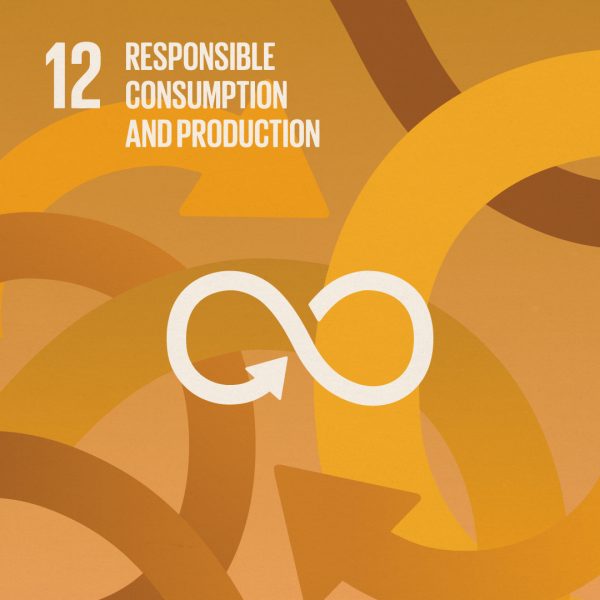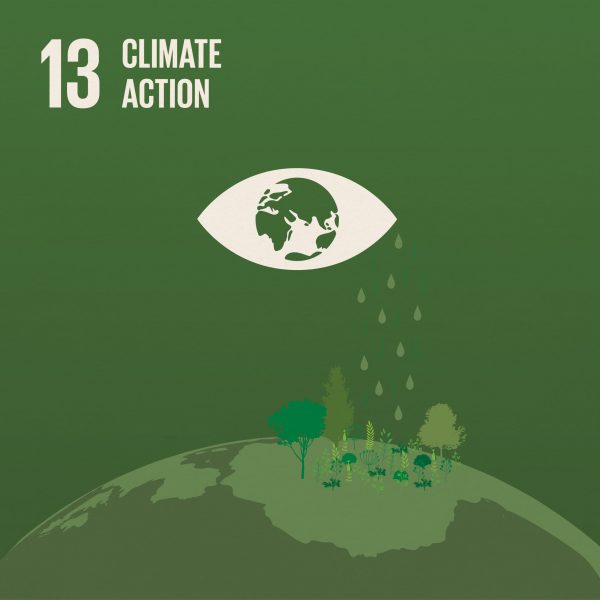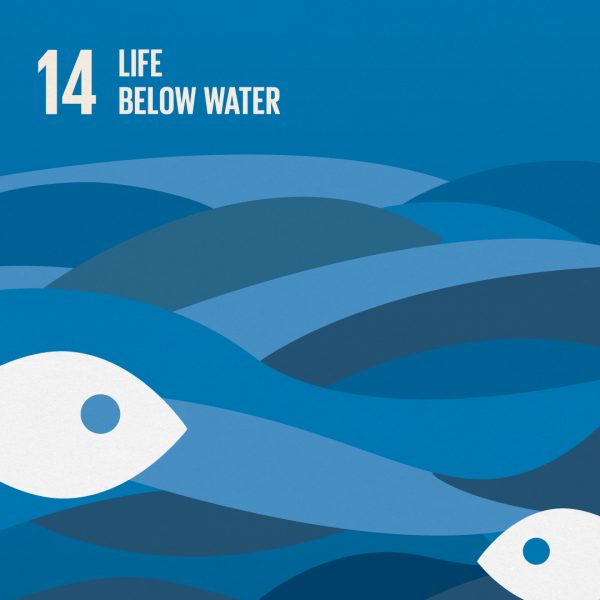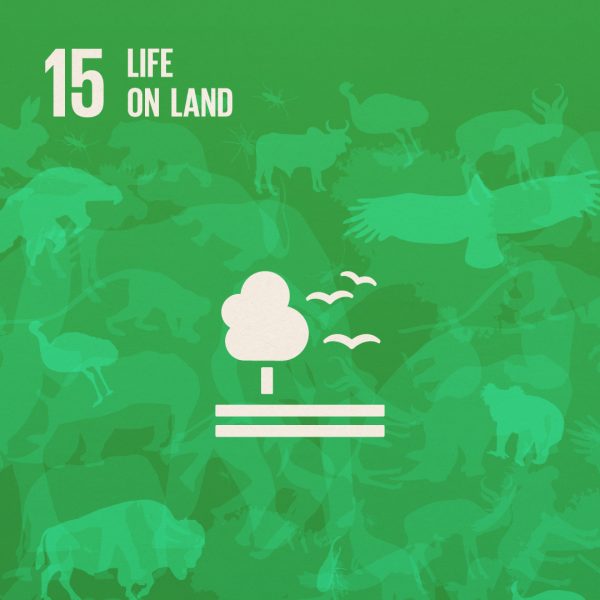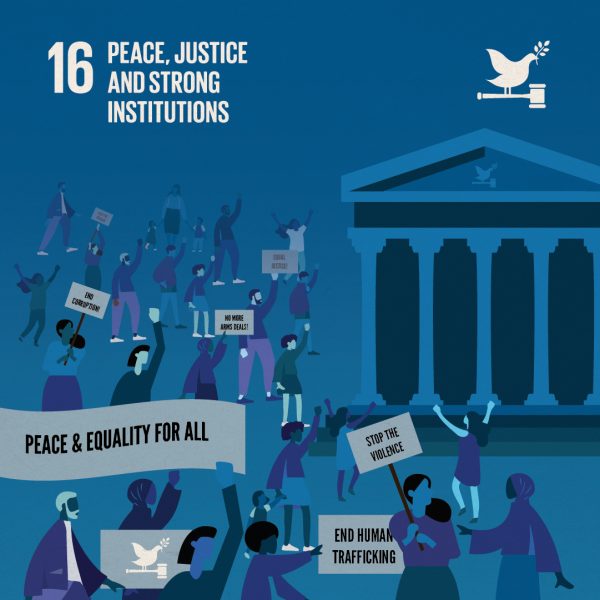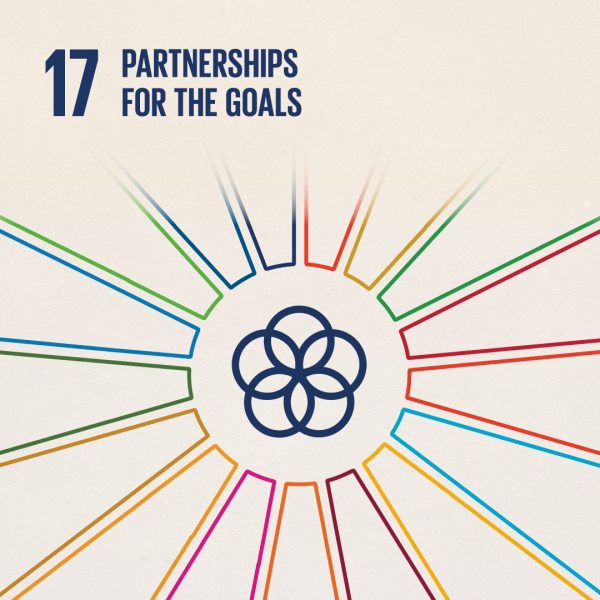“Rats and roaches live by competition under the law of supply and demand; it is the privilege of human beings to live under the laws of justice and mercy.” ~ Wendell Berry Wendell Berry is an icon in the sustainability movement. He is a Kentucky farmer, poet, essayist, novelist, and…
By Randy Martin & Bella Wright It is no secret that the city of Auburn revolves around the university. If you’ve ever been to a football game, you know that the entire town comes to a standstill as the Tigers battle it out on the field. Whether you attend the…
Human behavior is influenced by the environment in which it resides. The average worker spends the most amount of time every day at work. That accumulates to 90,000 hours in the workplace over the course of their life. Therefore, the workplace environment is a significant factor in the lifetime well-being…
by Ghanashyam Khanal and Nabin Bhandari While about two frenetic weeks of discussions and negotiations on climate change, damage and loss, and climate finance were going on at COP27 in Egypt, a documentary that depicted the impact of climate change on women and children in the Himalayan regions of Nepal…
by Randy Martin, Office of Sustainability As I begin, I feel as though most are familiar with the moral cases for diversity, so I want to draw attention to this tweet from Adam Grant, a leader in Organizational Psychology and award-winning author. As he states, a recent paper titled Gender-diverse…

